Is anxiety crippling your confidence and keeping you from living your best life? These self help for anxiety attacks can help you take charge of your life again!
What Is Anxiety Disorder?
Anxiety is not uncommon or unnatural during stressful situations, like giving a public speech or facing an interview board, but if it becomes chronic, excessive, and starts interfering with one’s daily activities, it indicates an underlying problem.
Anxiety Disorder is a debilitating mental health condition that can make someone feel uneasy, afraid, or paranoid even in the absence of any “real” stressor, danger, or threat. Anxiety disorder often manifests through anxiety attacks.
Related: What Is Chronic Anxiety And Everything You Need To Know About It
Anxiety attacks, also known as panic attacks, are a sudden onset of intense fear and symptoms might include:
- Rapid heartbeat
- Shortness of breath
- Sweating
- Nausea
- Feeling overwhelmed
- Trembling
- Choking
These attacks can leave individuals feeling helpless and out of control. It is estimated that up to 33.7% of the population is affected by an anxiety disorder during their lifetime.
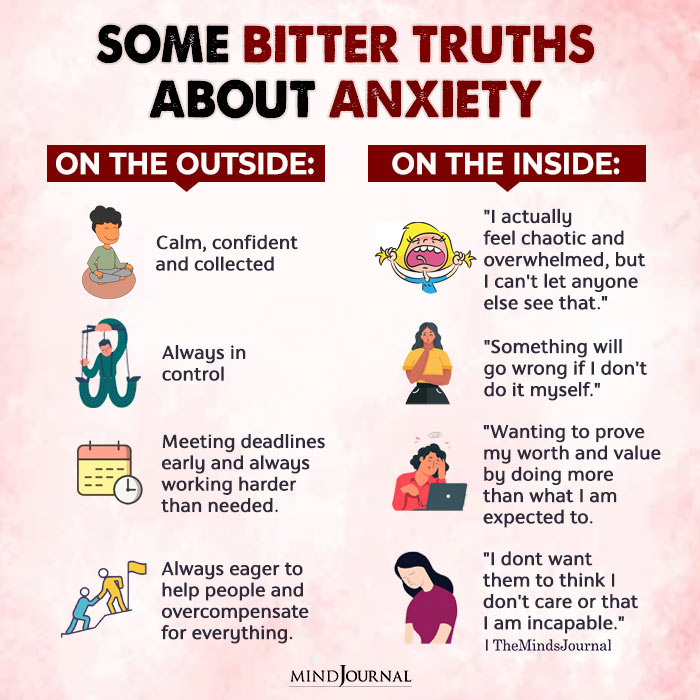
However, with the right tools and strategies, individuals can learn to manage and cope with anxiety attacks. In this article, we will explore strategic self care for anxiety attacks.
Self Help For Anxiety Attacks: What To Do When You Feel Anxious?
Now let’s understand what self care and anxiety mean for someone who struggles with frequent panic attacks.
1. Identify Triggers and Manage Them
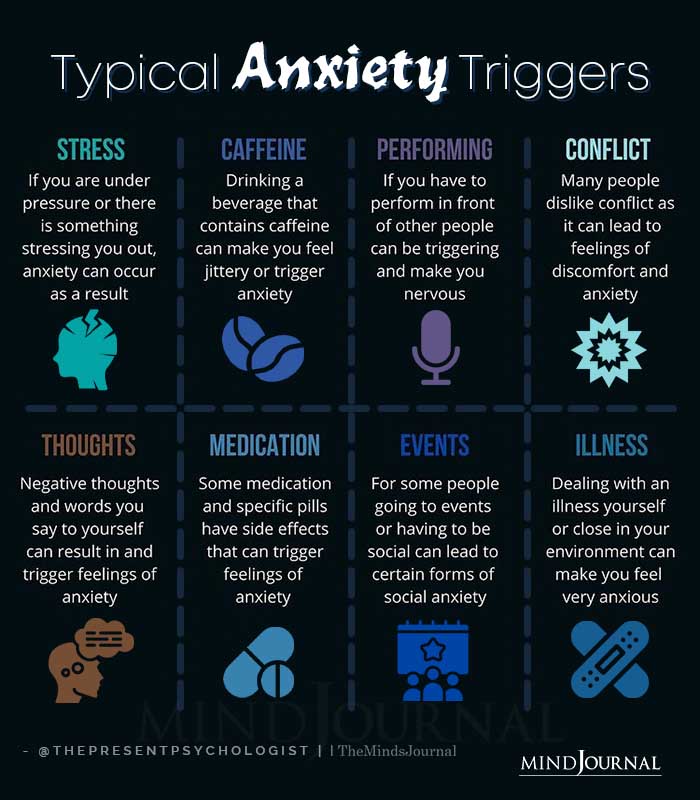
What to do when you feel anxious? First, identify your triggers. Identifying triggers for anxiety attacks is an important step in self help for anxiety attacks.
Triggers are situations, events, or thoughts that can cause anxiety or make it worse. Common triggers for anxiety attacks include:
- Stress
- Certain social situations
- Past traumatic experiences
- Negative thought patterns
By identifying triggers, you can take steps to avoid or manage them, which can help to reduce the frequency and severity of anxiety attacks.
It is important to remember that triggers can be unique to each individual, so it may take some time and self-reflection to identify your personal triggers.
2. Challenge Negative Thoughts
When it comes to self care for anxiety, challenging negative thoughts is a crucial cognitive-behavioral technique that can help to stop intruding thoughts.
Negative thoughts can often contribute to anxiety by creating a cycle of worry and fear. To challenge negative thoughts, it is important to identify them first.
Once identified, try to examine the evidence for and against the negative thought. Ask yourself if there is any evidence that contradicts the negative thought or if the thought is based on assumptions.
It can also be helpful to consider how you would respond if a friend had the same negative thought. Would you believe the negative thought or try to challenge it?
By challenging negative thoughts, you can gain a more realistic and balanced perspective, which can help to reduce anxiety and prevent anxiety attacks.
3. Breathing Exercises
During an anxiety attack, our body’s natural “fight or flight” response can cause rapid and shallow breathing, leading to feeling overwhelmed, dizzy, lightheaded, and out of breath.
By practicing breathing exercises, we can control our breathing and reduce the intensity of anxiety symptoms.
Deep breathing exercises, such as diaphragmatic breathing or belly breathing, can help slow down the breathing rate and increase oxygen levels in the body, promoting
- Relaxation and
- Calmness
Additionally, breathing exercises can be done anywhere and at any time, making them a convenient and effective self help for anxiety attacks in everyday life.
By incorporating regular breathing exercises into our routine, we can improve our overall well-being and feel more in control of our anxiety symptoms.
4. Progressive Muscle Relaxation
Progressive Muscle Relaxation (PMR) is a relaxation technique that can be effective in reducing the severity of anxiety attacks.
PMR involves tensing and then relaxing specific muscle groups, one at a time, in a systematic manner. This process helps to release tension from the body and promote a state of relaxation.
By practicing PMR regularly, we can learn to identify and release tension stored in our muscles, which can help to reduce the physical symptoms of anxiety. PMR can be done in a quiet and comfortable place and typically takes around 20 minutes to complete.
5. Mindfulness Meditation
Anxiety can cause our minds to race and we end up feeling overwhelmed with worry and fear, leading to increased feelings of stress and panic.
Mindfulness meditation teaches us to focus our attention on the present moment and become more aware of our thoughts, feelings, and bodily sensations without judgment or reactivity.
By practicing mindfulness meditation regularly, we can develop a greater sense of emotional regulation and resilience, allowing us to better manage our anxiety symptoms.
Studies have shown that mindfulness meditation can reduce symptoms of anxiety and depression, improve sleep quality, and enhance overall well-being.
By integrating mindfulness meditation into our daily routine, we can cultivate a greater sense of peace, calmness, and self-awareness. This allows us better cope with anxiety attacks and other stressors that arise in our lives.
6. Stay Connected with Social Support
Talking about self care and anxiety, staying connected with social support is essential. Social support can provide comfort, understanding, and practical help during times of stress or anxiety.
Research has shown that people who have strong social support networks are better able to cope with anxiety and other mental health conditions.
Staying connected with family, friends, or a support group can also help to reduce feelings of isolation and loneliness, which can contribute to anxiety.
Social support can be obtained through many ways, such as:
- Talking to a friend or family member
- Participating in a support group
- Seeking professional help from a therapist or counselor.
It is important to reach out to others and maintain connections, even when it feels difficult or uncomfortable.
By staying connected with social support, you can gain a sense of community and find the help and resources you need to manage anxiety attacks.
7. Engage in Regular Exercise
Regular exercise can be an essential self care for anxiety. Exercise has been shown to release endorphins, which are natural mood-boosting chemicals that can help reduce stress levels and promote feelings of relaxation and well-being.
Physical activity also helps to decrease muscle tension, which is often a symptom of anxiety. Regular exercise can also improve overall physical health, which can further reduce stress and anxiety levels.
Consistency is key when it comes to self care and anxiety, and incorporating exercise into a daily routine can help us maintain a healthy lifestyle and manage anxiety symptoms in the long term.
However, it’s essential to consult with a healthcare professional before beginning any exercise program, especially if you have preexisting health conditions. Overall, regular exercise is a simple and effective self help for anxiety attacks.
8. Get Enough Sleep
Sleep and anxiety have a bidirectional relationship, meaning that poor sleep can increase anxiety, and anxiety can disrupt sleep.
Anxiety can cause racing thoughts, physical tension, and an increased heart rate, which can make it difficult to fall asleep or stay asleep. Conversely, lack of sleep can exacerbate anxiety symptoms, making it harder to cope with stress and manage anxiety attacks.
Adequate sleep is essential for overall physical and mental health, and it helps to regulate mood, cognitive function, and stress levels.
To promote better sleep, it is recommended to:
- establish a consistent sleep routine
- limit caffeine and alcohol consumption
- create a calming sleep environment
By prioritizing sleep, you can improve your ability to cope with anxiety attacks and reduce their frequency and severity.
9. Avoid Stimulants
It’s important to avoid stimulants such as caffeine, nicotine, and certain medications when managing anxiety attacks because they can exacerbate symptoms and make the situation worse.
Stimulants increase heart rate, and blood pressure, and can cause feelings of restlessness, all of which can trigger or intensify anxiety attacks.
It’s essential to identify and avoid triggers that can lead to anxiety attacks, and stimulants are a common trigger for many people.
Instead of relying on stimulants, you can try to manage anxiety attacks by practicing relaxation techniques, such as deep breathing, meditation, or mindfulness exercises.
Seeking professional help can also provide effective strategies to manage anxiety attacks without relying on stimulants. By avoiding stimulants and adopting healthy coping strategies, we can take control of our anxiety and improve our overall well-being.
10. Healthy Lifestyle Habits
Developing healthy lifestyle habits can be an effective way to manage anxiety attacks. Regular exercise, a balanced diet, and sufficient sleep can help reduce stress levels and promote overall physical and mental well-being.
Mindfulness practices such as meditation or deep breathing exercises can also be helpful in managing anxiety symptoms. It’s important to limit or avoid substances that can exacerbate anxiety, such as caffeine, alcohol, and nicotine.
Additionally, seeking professional help and support from a therapist or support group can provide valuable resources and tools for coping with anxiety attacks.
Making these healthy lifestyle changes can help anyone better manage their anxiety and improve their quality of life.
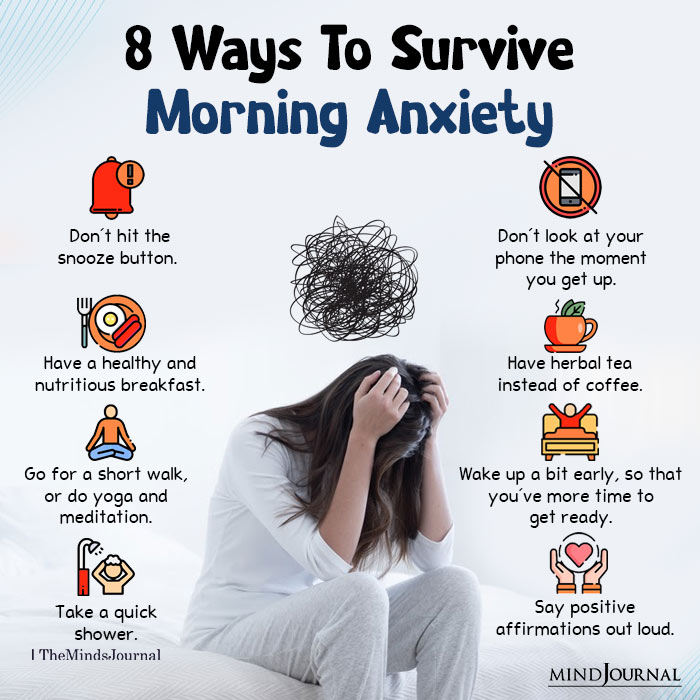
11. Maintain a Balanced and Healthy Diet
Certain foods can trigger or worsen anxiety symptoms, such as caffeine, sugar, and processed foods.
On the other hand, consuming a balanced diet that includes whole grains, fruits, vegetables, lean protein, and healthy fats can provide the necessary nutrients and energy needed to support the body and mind.
A healthy diet can also help regulate blood sugar levels, which can prevent mood swings and irritability. Additionally, consuming foods rich in magnesium, such as spinach and almonds, can help reduce anxiety symptoms.
Overall, a balanced and healthy diet can play a significant role in managing anxiety attacks and improving overall mental and physical health.
12. Limit Alcohol and Drug Consumption
Limiting alcohol and drug consumption is crucial in managing anxiety attacks. While these substances may provide temporary relief or relaxation, they can actually worsen anxiety symptoms in the long run.
As self care for depression, one must religiously avoid drinking. Alcohol is a depressant and can lower serotonin levels, leading to increased feelings of anxiety and depression.
Similarly, certain drugs can increase heart rate and blood pressure, leading to heightened feelings of anxiety and panic.
In addition, the use of alcohol and drugs can interfere with the effectiveness of medications used to treat anxiety disorders.
Furthermore, alcohol and drug abuse can lead to addiction, which can worsen anxiety symptoms and lead to other negative health consequences.
Therefore, it is important to limit alcohol and drug consumption in order to effectively manage anxiety attacks and maintain overall mental and physical health.
Related: Does Drinking Really Help You Relax?
13. Use Essential Oils or Aromatherapy Techniques
Using essential oils or aromatherapy techniques can be a helpful and natural self-care strategy to make yourself feel calm, relaxed, and grounded.
Certain essential oils, such as lavender, chamomile, and bergamot, have been shown to have calming and relaxing effects on the mind and body.
These oils can be used in a variety of ways, such as through diffusers, inhalers, or topical application. Aromatherapy techniques, such as deep breathing exercises while inhaling the scent of essential oils, can also be effective in managing anxiety symptoms.
The use of essential oils and aromatherapy can be a helpful addition to traditional treatment methods for anxiety, such as therapy and medication.
However, it is important to note that essential oils should not be used as a substitute for professional medical advice and treatment.
14. Join a Support Group
Support groups provide a safe and understanding environment where individuals can share their experiences, feelings, and coping strategies with others who are going through similar challenges.
Through the support and encouragement of others, individuals can gain a sense of validation and empowerment, which can help alleviate anxiety symptoms.
Support groups can also provide access to valuable resources, such as information on treatment options, self-care techniques, and community events.
Additionally, participating in a support group can help reduce feelings of isolation and loneliness, which can exacerbate anxiety symptoms. A strong support system is also important self care for depression and loneliness.
Overall, joining a support group can be a helpful complement to traditional treatment methods for anxiety, such as therapy and medication.
15. Keep a Journal or Diary
When it comes to self care for anxiety, keeping a journal or diary can be an effective tool. Writing down anxious thoughts and feelings can help individuals identify patterns and triggers that may be contributing to their anxiety.
It can also provide a sense of relief and release of pent-up emotions. By regularly journaling, individuals can gain insight into their thought processes and develop strategies to cope with anxiety symptoms.
Additionally, keeping a record of positive experiences and accomplishments can help boost self-esteem and reduce feelings of anxiety and self-doubt.
Journaling can also serve as a way to track progress and reflect on personal growth. Overall, keeping a journal or diary can be a simple yet effective way to manage anxiety attacks and promote overall mental health and well-being.
16. Practice Positive Self-Talk and Affirmations
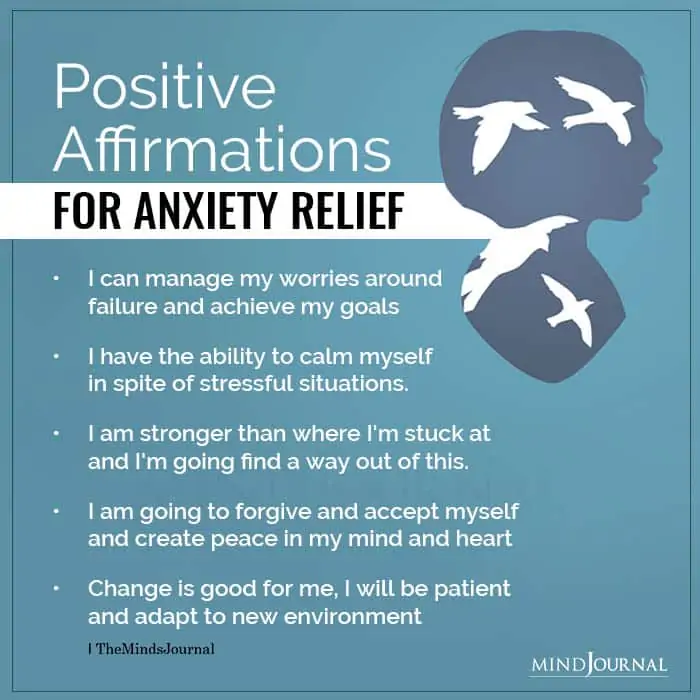
Negative self-talk and self-criticism can contribute to feelings of anxiety and self-doubt. By consciously replacing negative thoughts with positive ones, individuals can reframe their perspective and reduce the intensity of anxious thoughts and feelings.
Affirmations, or positive statements that affirm one’s worth and abilities, can also be helpful in promoting self-confidence and reducing anxiety.
Regularly practicing positive self-talk and affirmations can lead to improved self-esteem and a greater sense of control over one’s thoughts and emotions.
Additionally, incorporating mindfulness practices, such as meditation and deep breathing exercises, can further enhance the effectiveness of positive self-talk and affirmations.
Overall, practicing positive self-talk and affirmations and giving yourself positive reminders can be a powerful tool in managing anxiety attacks and promoting overall mental health and well-being.
17. Utilize Guided Imagery Techniques
While discussing self care and anxiety, the use of the guided imagery technique cannot be overlooked. Guided imagery involves using visualization and imagination to create a calming and peaceful mental image.
By focusing on a positive and relaxing image, such as a beach or a forest, individuals can reduce feelings of anxiety and stress.
Guided imagery can also involve visualizing oneself successfully managing and coping with anxiety symptoms, which can increase feelings of self-efficacy and control.
Guided imagery techniques can be practiced through guided meditation or by using an audio recording.
Additionally, individuals can create their own guided imagery scripts tailored to their personal preferences and needs.
Incorporating guided imagery techniques into a regular self-care routine can be an effective complement to traditional treatment methods for anxiety, such as therapy and medication.
18. Set Realistic Goals and Prioritize Tasks
Anxiety can often stem from feeling overwhelmed and unable to manage the demands of daily life. By breaking down larger goals into smaller, manageable tasks, individuals can reduce overpowering feelings and increase their sense of control.
Prioritizing tasks based on urgency and importance can also help individuals focus their energy and attention on the most pressing issues, reducing the likelihood of becoming overwhelmed.
Setting realistic goals that are achievable and align with personal values and priorities can also help individuals build self-esteem and a sense of accomplishment, which can in turn reduce feelings of anxiety.
Additionally, regularly reassessing goals and priorities can help individuals adjust their expectations and avoid becoming stuck in patterns of perfectionism or self-criticism.
Overall, setting realistic goals and prioritizing tasks can be helpful strategies for managing anxiety attacks and promoting overall mental health and well-being.
19. Manage Time Effectively
Poor time management can contribute to feelings of overwhelm and stress, which can trigger anxiety symptoms.
By developing effective time management skills, individuals can better organize their daily routines and reduce the likelihood of becoming overwhelmed.
This can include breaking down larger tasks into smaller, more manageable ones, prioritizing tasks based on urgency and importance, and setting realistic goals and deadlines.
Effective time management can also lead to increased productivity and a greater sense of control over one’s life, which can further reduce feelings of anxiety.
Developing strong time management skills can be a valuable tool in managing anxiety attacks and promoting overall mental health and well-being.
20. Practice Gratitude and Focus on the Present Moment
Practicing gratitude and focusing on the present moment can be an effective self help for anxiety attacks. Anxiety often stems from worrying about the future or ruminating on past events, which can cause individuals to feel overwhelmed and unable to cope.
By consciously shifting focus to the present moment and acknowledging what one is grateful for in their life, individuals can reduce feelings of anxiety and cultivate a sense of calm and gain a better perspective.
Practicing gratitude can also help individuals develop a more positive outlook on life and improve overall mental health and well-being.
Additionally, incorporating mindfulness practices, such as meditation and deep breathing exercises, can further enhance the effectiveness of focusing on the present moment and practicing gratitude.
Overall, practicing gratitude and focusing on the present moment can be a powerful tool in managing anxiety attacks and promoting overall mental health and well-being.
21. Seek Professional Help When Needed
What to do when you feel anxious? Seek help! It’s important to seek professional help when experiencing anxiety attacks because anxiety can have a significant impact on our mental and physical health, as well as our overall quality of life.
A trained professional can help identify the root cause of the anxiety and develop an individualized treatment plan to manage symptoms. Professional help can include therapy, medication, or a combination of both.
Additionally, seeking professional help can provide a safe space for individuals to discuss their feelings and learn coping skills to manage their anxiety attacks. So, it is necessary self care for depression, addiction, or any other mental health struggles.
By seeking professional help, we can take an important step toward improving our mental health and overall well-being.
22. Take Prescription Medications as Directed
Taking prescription medications can be an effective self help for anxiety attacks. Anti-anxiety medications can help reduce the severity and frequency of anxiety symptoms.
These medications work by altering the levels of neurotransmitters in the brain that are responsible for regulating mood and anxiety.
It’s important to note that prescription medications should only be used under the guidance and supervision of a qualified healthcare professional.
Additionally, medications may not be effective or suitable for everyone and may have side effects or risks associated with their use.
It’s important to weigh the potential benefits and risks of medication use with a healthcare professional and to explore other non-medication-based strategies for managing anxiety attacks.
Related: 10 Surprisingly Effective Natural Remedies for Anxiety
Keep Up The Fight!
While professional treatment and medication can be effective, self-help strategies can be used alongside or as a complement to these traditional methods.
Self-help strategies can help us build resilience and coping skills that can be applied to other areas of our lives.
However, it’s important to note that self-help strategies may not be suitable or effective for everyone and that seeking professional guidance and support is important for those with severe or persistent anxiety symptoms.
Having said that, incorporating self-help strategies into a daily routine can be a powerful tool for promoting overall mental health and well-being.
Now that you know what to do when you feel anxious, we hope you will try these self help for anxiety attacks and keep on fighting the good fight!
Related: What Is Generalized Anxiety Disorder (GAD)?
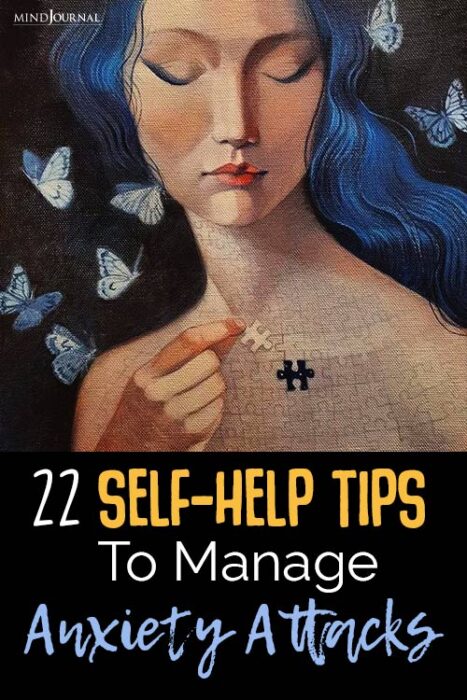
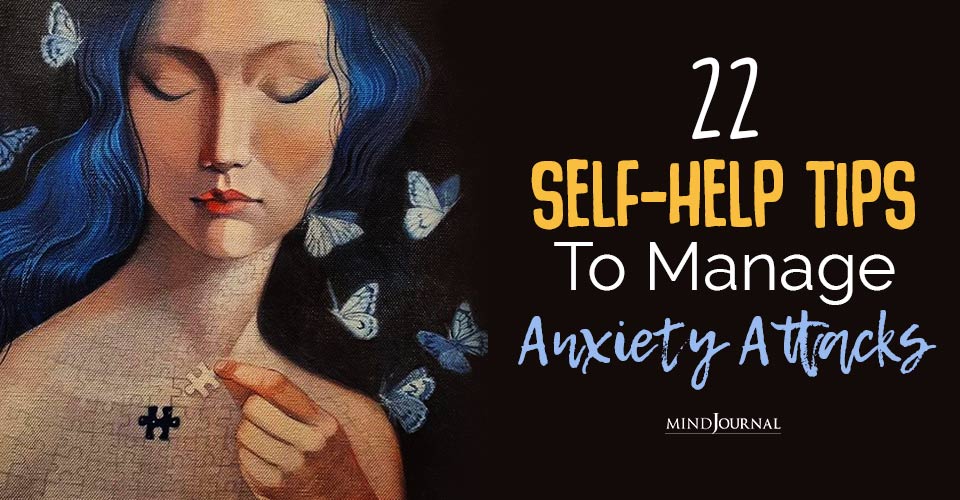
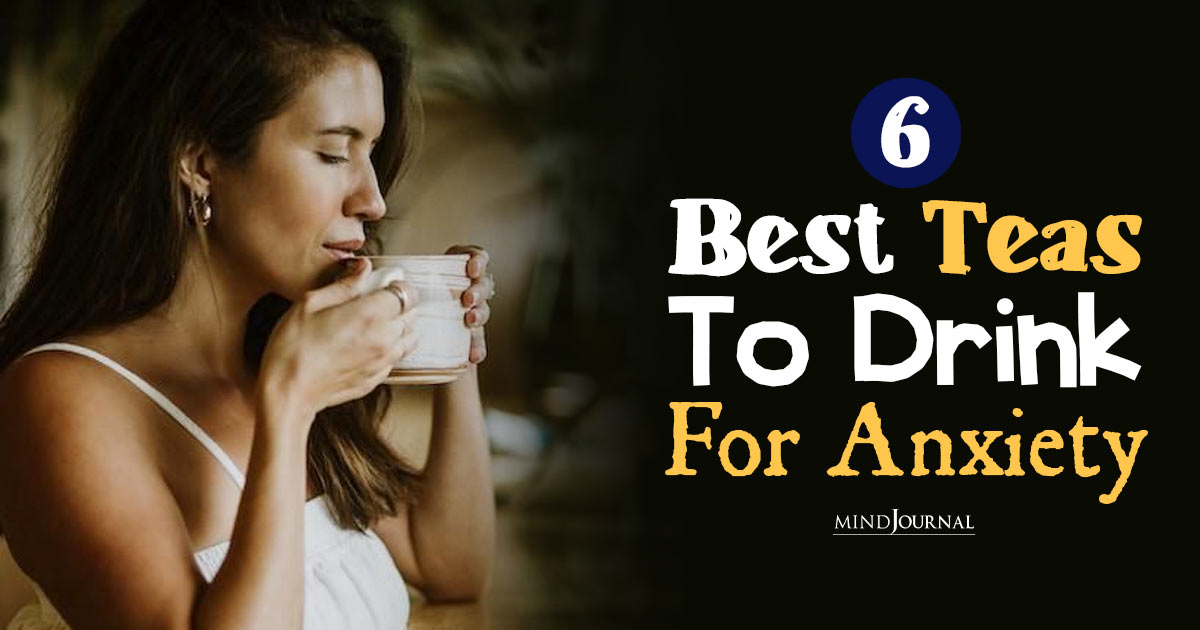
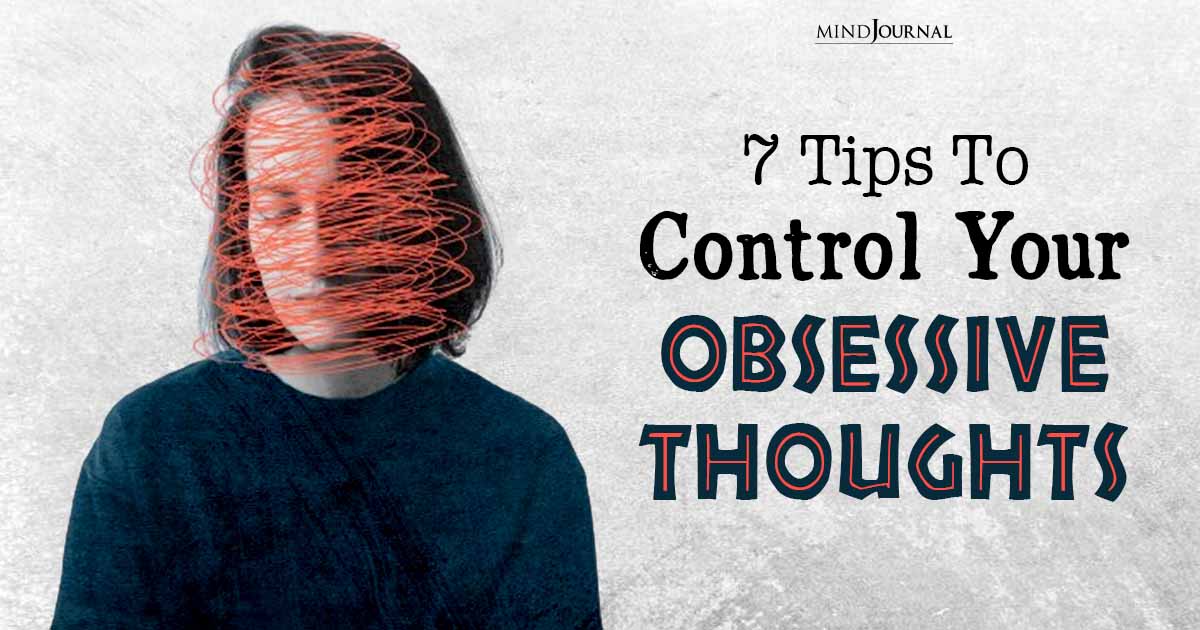
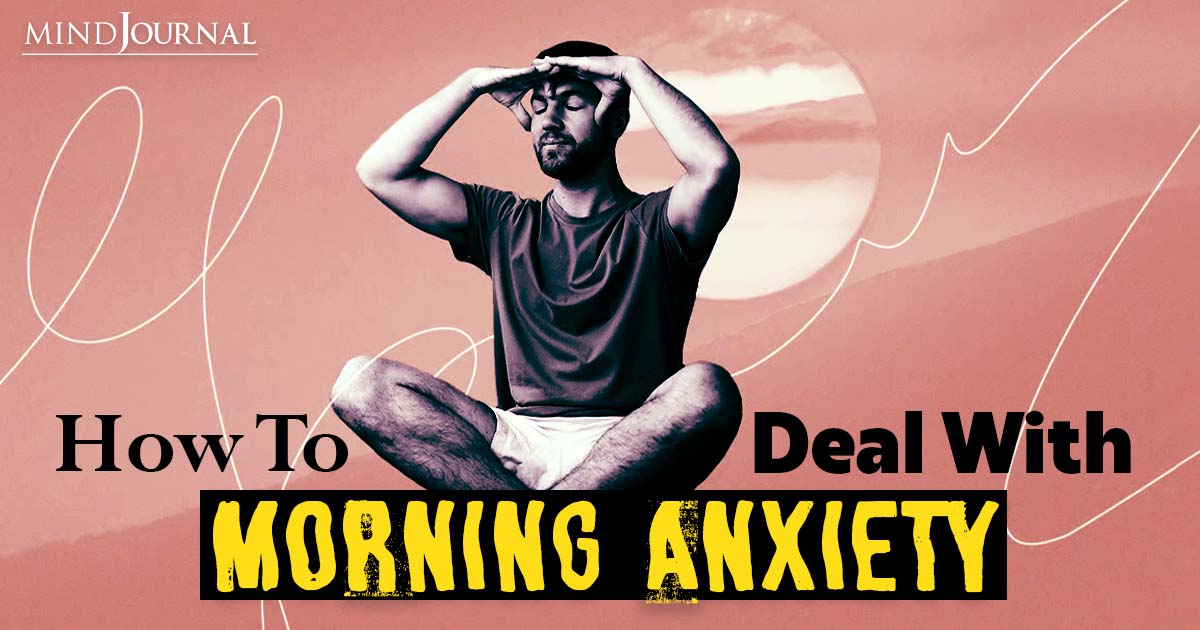
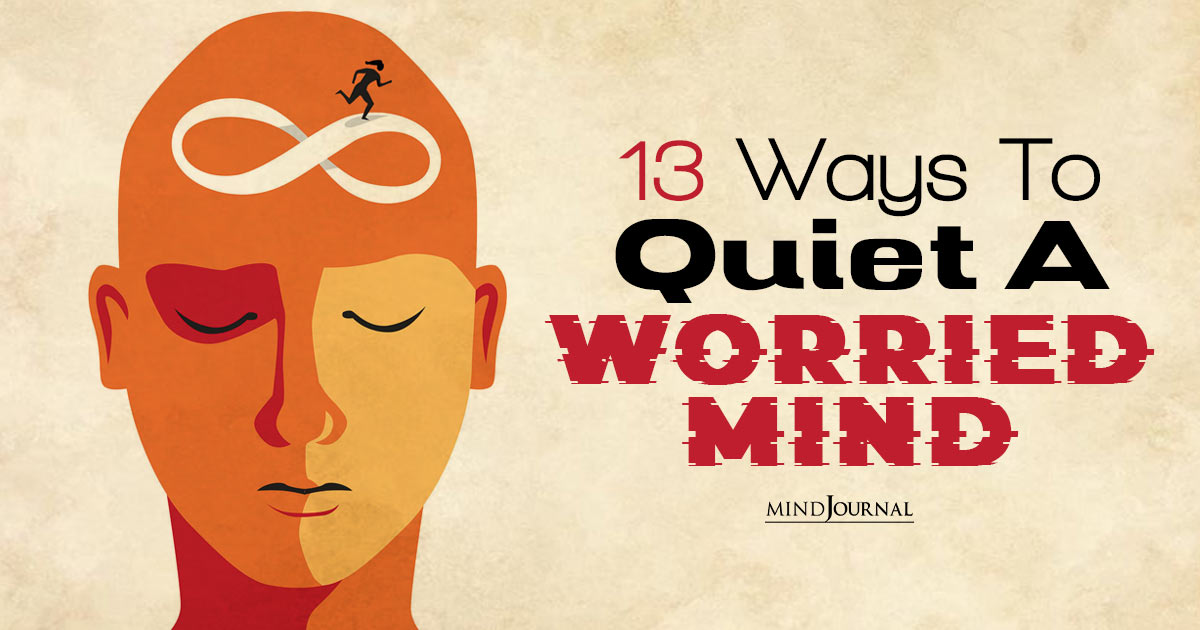
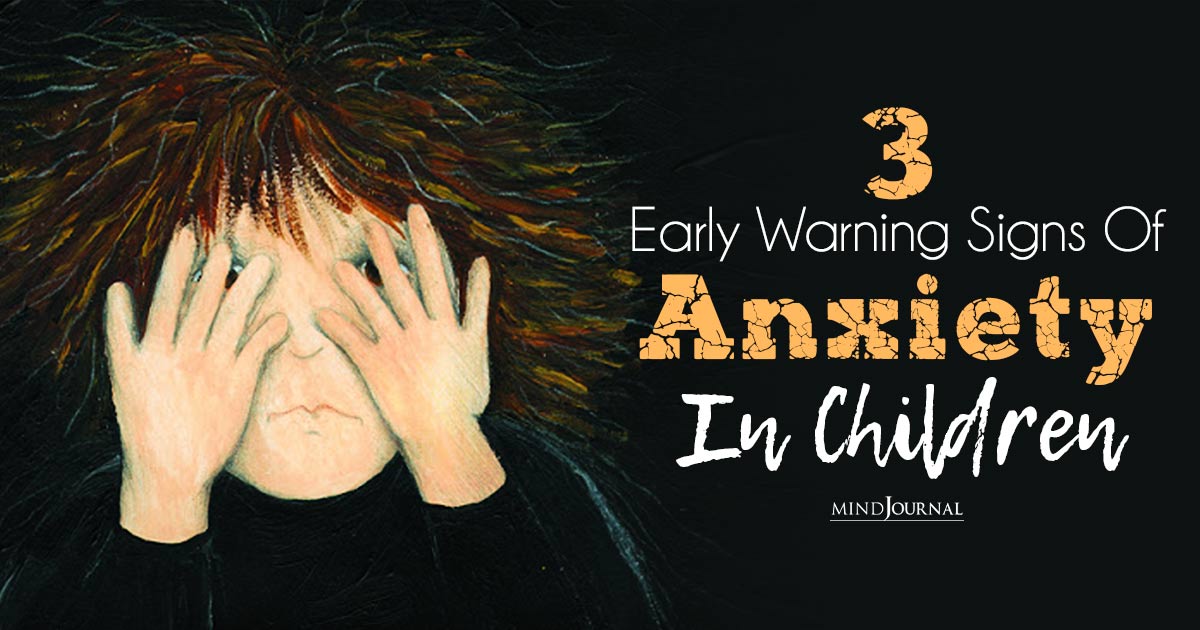
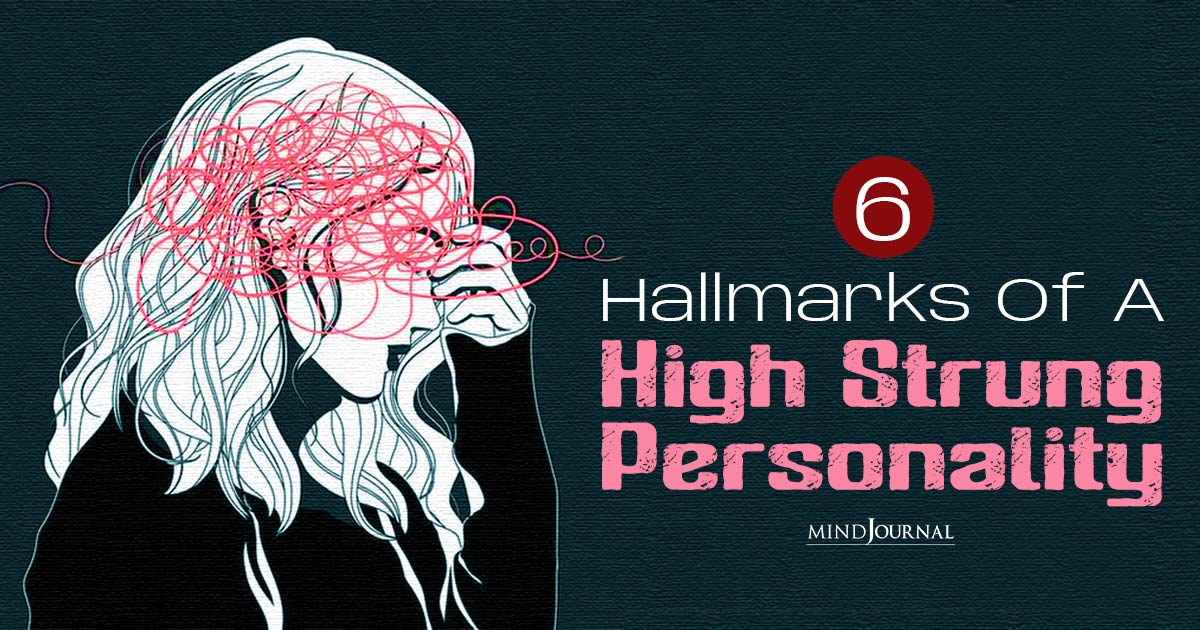
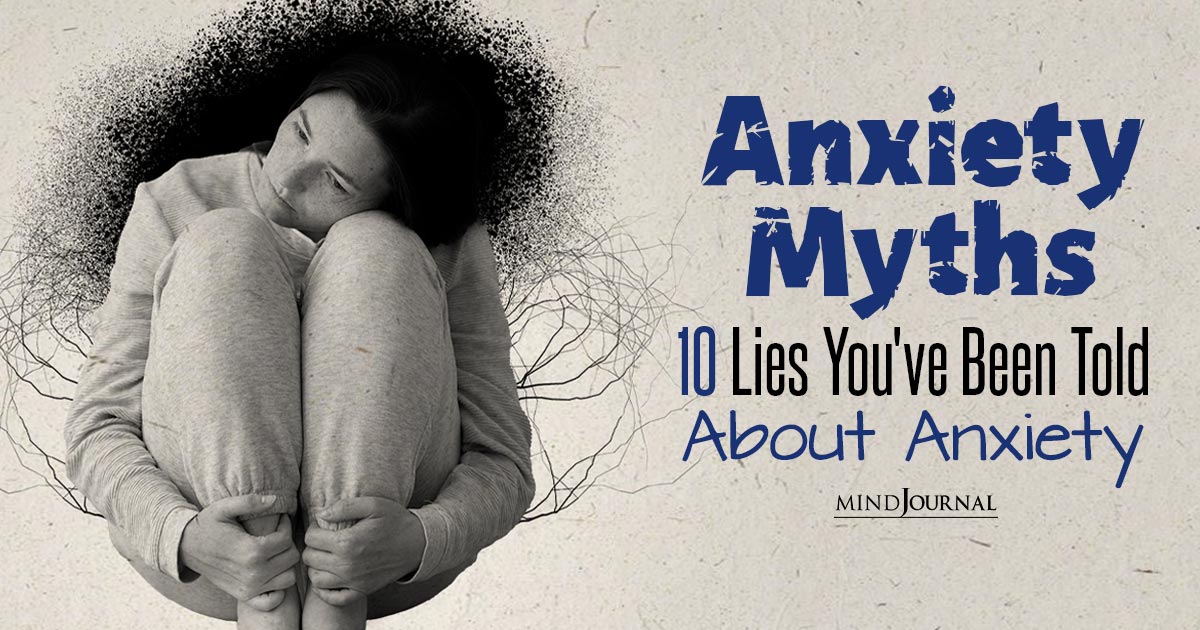
Leave a Reply
You must be logged in to post a comment.